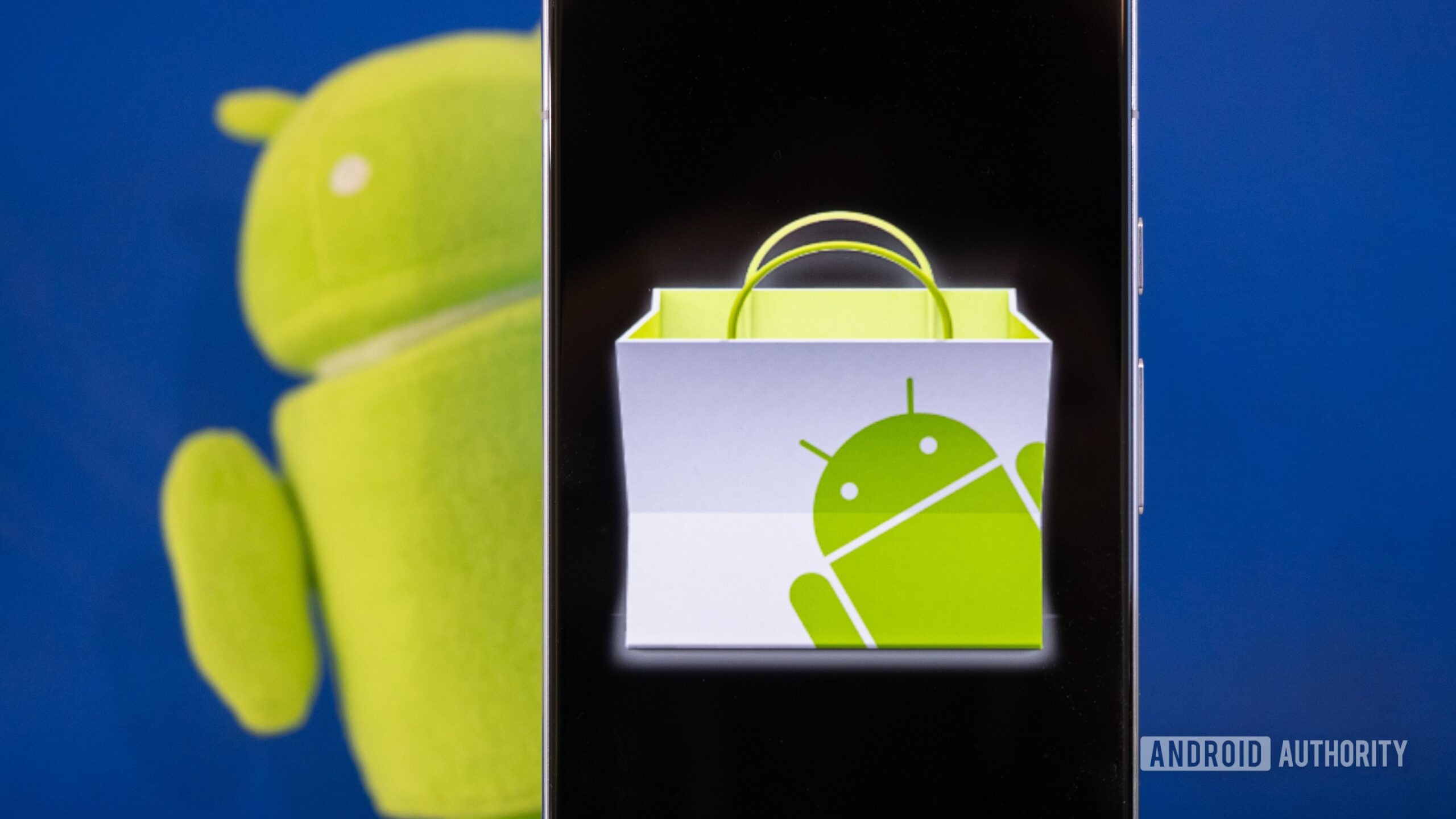deleted by creator
… which in itself wasn’t anything revolutionary either. The concept of an app store goes all the way back to the early 90s, and even in the smartphone era, there were several app stores on the scene for other mobile platforms before the iPhone was even a thing.
Exactly. I was using online app Stores in 2006 and 2007 to buy, download and install apps on my Windows Mobile phones.
Password managers, device themes, various other apps - you name it, they were all available.
People act like the App Store was some miraculous new thing apple invented, but these existed long before iPhone.
Windows Mobile also had other nice things that iPhone took years to get like copy/paste, GPS navigation, voice control, SD card support (iPhone still doesn’t have it), theming etc
The only thing apple did was use a glass screen instead of plastic and made a finger friendly and good looking UI. That’s it.
Yes these made the phone more appealing to the average user who only knew flip phones but for us nerds using Windows Mobile, it wasn’t a massive step forward.
HTC had already been making finger friendly themes but they could be a little sluggish because the CPU market hadn’t really taken off yet.
There was a Russian company that I bought many themes from for my HTC. They were really nice. I just can’t remember the name anymore.
There was a Russian company that I bought many themes from for my HTC. They were really nice. I just can’t remember the name anymore.
Probably 4pda.ru?
But yeah, WinMo was awesome back then. I still miss some of it’s features and customisability - no read-only system partition, no SafetyNet crap, physical buttons which could be remapped to anything (AE Button Plus), writing proper scripts using MortScript, modify whichever file you like without any issues. I still remember using this nice Windows XP theme on my HTC Tytn, with the slide-out QWERTY keyboard it really felt like I was using a mini PC.
It’s so sad that Android has become so closed now in spite of being technically opensource.
I think it was called SBP Soft I think. But I can’t find it even in the wayback machine
Yes I wish Google would let Android be open properly.
I’ve been an exclusively android user since the original motorola Droid, but I still say you’re massively understating the innovation by Apple here
The App Store and Android Market launches were pretty damn close. The iOS app-store launched July 2008 and the first Android consumer device (G1) shipped September 2008 and it had the market from day 1.
Worth noting that iOS users had to wait a full year for the app store after the iPhone 1 launch because Jobs didn’t want it at first. I had both devices fairly early on and on the iPhone side we were running “apps” on jailbroken devices months before the app store existed.
Downloading and installing apps sure is easier now, but actually finding apps you may want to install? I’m not so sure.
Back then with the limit amount of apps available, it felt like almost everything was worth trying out. Now you have a million useless apps for any interesting on.
Even if you go to the “most popular” lists on the app store, there’s nothing worth downloading there. Discovery is still dependant on third party websites or word of mouth.
Kagi summary:
- The Android Market (now Google Play Store) was launched in October 2008 with the T-Mobile G1 phone, helping establish app ecosystems on mobile.
- Before app stores, finding and downloading apps was difficult through various online stores and carrier stores with limited selection and updates.
- The Android Market centralized the app experience and discovery, giving access to a growing variety and number of apps in one place.
- Early app successes helped drive more users, phones, developers and apps in a reinforcing cycle that grew the app economy exponentially.
- Popular early apps filled gaps in Android’s capabilities in areas like weather, file management, flashlights as built-in features were still being developed.
- Later apps brought extra abilities beyond necessities, like music streaming, ebooks, games, social media and more.
- The article reminisces on the novelty of app stores and ecosystems in their early days compared to their ubiquitous presence today.
- Over 100,000 apps were available by mid-2010 and over 3.5 million apps today on Google Play.
- We now take app discovery, updates, and the overall app experience for granted due to how well app stores do their job.
- The article credits the Android Market and Apple App Store for establishing apps as the norm and changing our expectations of mobile.
It’s an interesting thought to consider that without access to centralized distribution platforms like app stores, something incredibly similar is created in its place: The so-called “super-app” (e.g. WeChat, Alipay).
For end users, a superapp is an application that provides a set of core features while also giving access to independently developed miniapps. For app developers, a superapp is an application integrated with the capabilities of platforms and ecosystems that allows third-parties to develop and publish miniapps.
I may be getting old, but that sounds suspiciously like a “web browser”
deleted by creator
And now its being succeeded by F-droid. (Partially joking)






